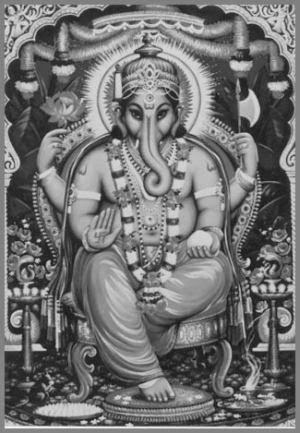I am a very eclectic and individualistic man, and I tend to go through periods of intense and deep change. I am always aware of an intense spiritual and energetic connection to something far greater than anything in this illusory world. It pulls me to grow and become something more than what I was before.
I am intensely interested in all areas of individual regeneration and healing, psychologically, physically, and spiritually..
I value individual self-expression more than self-discipline, but I also value being dependable, responsible and fulfilling my commitments and obligations.
I consider honesty to be one of the most important virtues. I strive for it in myself and I expect it in others.
I am unusually empathetic and sensitive to other people’s feelings and I am usually able to sense their moods and emotions even before they say anything
I am very curious and eager to explore new ideas and learn new things. I actually consider learning to be tied into my purpose in life. Sometimes I think I want to learn everything there is to learn.
My mind is very active, quick, and curious. I love to talk and ask questions, although sometimes I speak when I have nothing to say. The more I can see, experience, and learn, the happier I am.
I have really strong emotions and sometimes they influence my thinking so much that it is difficult for me to be objective.
I am inventive and resourceful and easily see things from different angles.
I am almost obsessively organized and neat. I like for my surroundings to be comfortable, pleasant, gracious, and artistic.
I am a generous person. I like to take care of people and protect those I love. It makes me feel good about myself and reinforces my self-image. I want to be known as someone who can be depended upon to help in times of need.
I have an intense desire to be loved by those around me. I tend to be very reserved at first and because of that I find meeting people very difficult.
I love to laugh and make others laugh.
Enjoy Life!











































